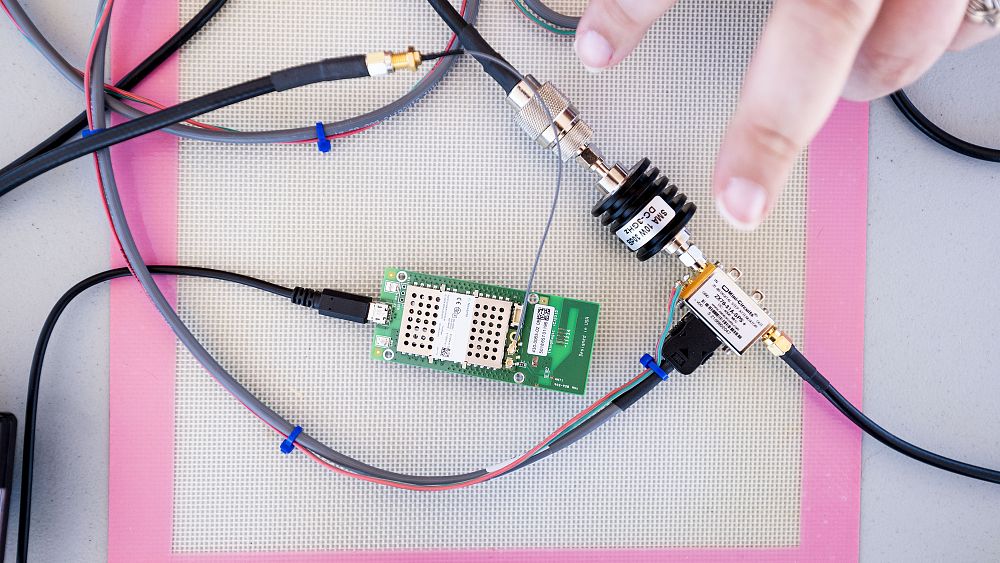
MEPs have voted almost unanimously to strengthen the bloc’s cybersecurity rules, in order to protect from a rapidly increasing amount of online attacks.
Rarely at a parliamentary level has there been such a consensus in wanting to improve the security of European networks, with European lawmakers on the Industry, Research and Energy committee adopting the new rules by 70 votes to 3.
Bart Groothuis, the MEP in charge of the file, explained why the update is so crucial.
“It is very important that we move fast at a fast pace so that hackers do not prefer to come to Europe and strike here, but also to heighten security posture and to broaden the scope of it,” the Dutch MEP said.
“Because it is also important that we’ve seen a ransomware pandemic growing across the globe but especially across Europe in the pandemic we’ve seen hospitals being attacked but also institutions.”
Some experts argue that the greater the safety, the greater the control, but Yoann Kassianides, the managing director at the Alliance for Digital Trust says it is the opposite.
“No, cybersecurity doesn’t constrain the user and is not dangerous. On the contrary, the tools and solutions developed by companies are tools that will allow our freedoms to be guaranteed and that is why it’s urgent to give our regulatory bodies the ability to protect us,” Kassianides said.
Groothuis also argues that the EU is too far behind other larger nations.
“We invest about 41% less in cybersecurity than what Americans do. On average. That is something that we really have to address,” Groothuis said.
“And it is very important that we do so in order to counter threats that come mainly from Russia when it comes to ransomware but also from nation-state attacks from China, Iran and others who try to infiltrate our networks in order to gain a geopolitical effect.”
The vote on Thursday was an update to a 2017 cybersecurity directive.
The European Parliament will now have to go into negotiations with the 27 member states, represented by the European Council, in order to come to an agreement on the shape of the new rules.
Following this, all MEPs must decide whether they agree with what comes out of these talks before it can eventually become law.
Keep up the fantastic work, I read few blog posts on this site and I conceive that your weblog is really interesting and contains lots of superb info .
Hackdra is a cyber security company that can provide smart contract auditing, pen-testing, bug bounty, blockchain, web3, DeFi, NFT, and ARM services with AI.